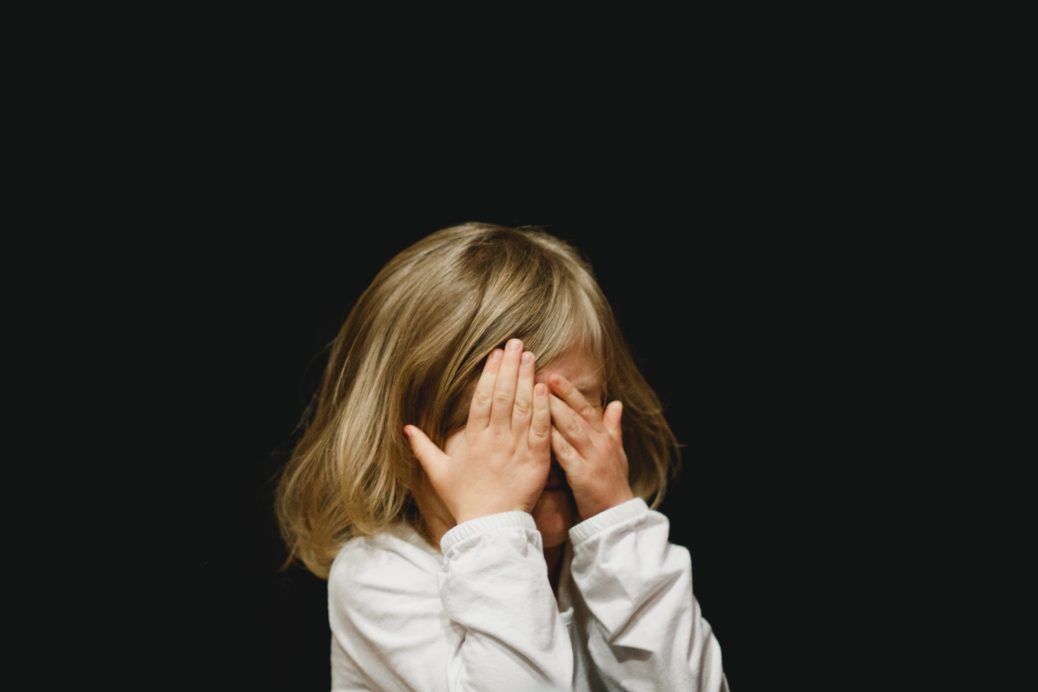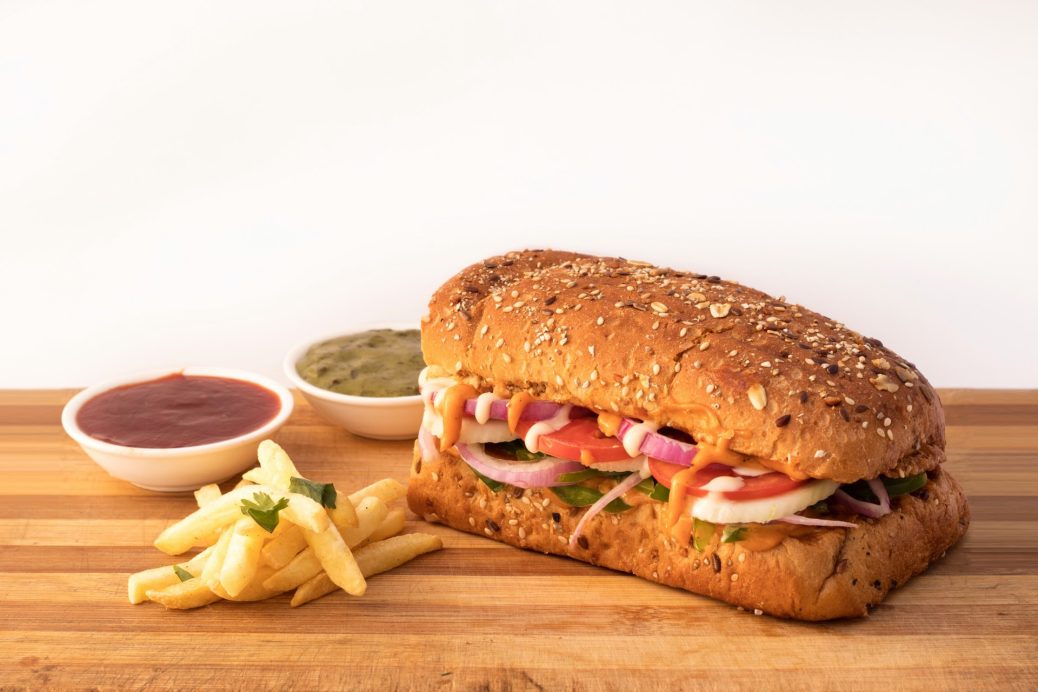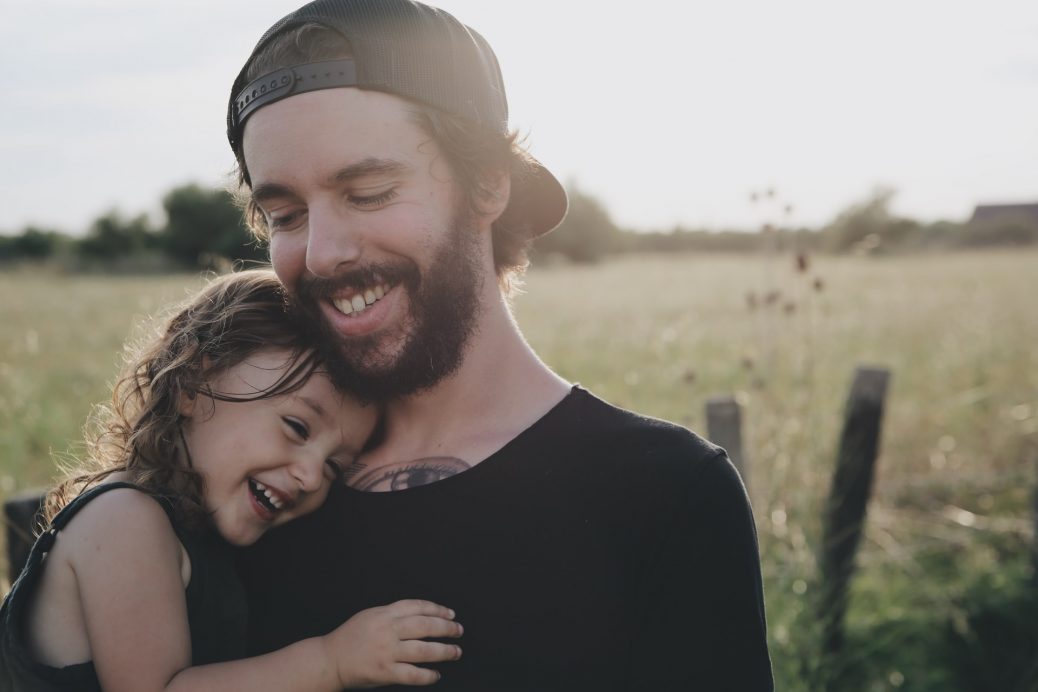Psychologists suggest there should be no yelling approach for discipline, as yelling can have short and long-term effects on children’s psychological development. Remaining calm when your youngster is irritating and throwing tantrums, arguing and purposely resisting can be a major test for you as a parent, yet the most terrible thing you do is when you react to kids’ bad behaviours. Yelling at your youngster and taking your disappointments and frustrations out on them stimulates greater, more dangerous behaviours.
In addition to the fact that yelling plays an additional sort of practice, which you don’t want to support, it will make the situation worse than you think.
Each time you shout at your youngsters, you show them that you can’t handle your feelings and they’ll get to know that it’s ok to act similarly when they have immense feelings.
Reacting to aggression, raising your voice, and throwing things give a message to youngsters as a good reaction for behaviour. This kind of response can add fuel to the fire.
If you want to know about Positive Parenting Tips for Children Teach Self-Control to Children, with the goal that you don’t break your youngster’s soul and can assist them with dealing with their feelings when the situation comes. All guardians want to do the best for their children. It may be very irritating to train your youngsters, particularly in situations, when they aren’t listening.
Shouting and harsh verbal discipline can have similar damaging results as punishment. Kids who are continually shouted at are connected to social problems, nervousness, sadness, and stress. They also can have emotional problems, like youngsters who are often being given punishments. In these cases, frustration can have long-term effects on children’s psychological development and personalities.
Related Article: Punishing your children can be helpful.
Effects of yelling at a kid include:
Yelling can have negative, toxic, disturbing, blaming and shaming words can have negative effects on children.
Short Term Effects
Yelling and shouting can have short-term effects like aggression, anxiety and stress.
Long Term Effects
Long-term effects of yelling at a youngster include:
Worse Behaviour Issues
A few guardians use yelling as a reliable solution to make better behaviour or to keep the kid from acting seriously bad later on. It focuses on showing that yelling can make more issues and can make a kid’s behaviour even worse. The more the parent shouts, the more terrible the youngster acts. This prompts yelling a constant series.
Changes in Mental Health
Shouting can change how a youngster’s mind forms because the human cerebrum processes adverse moments more quicker than positive ones. There are remarkable differences in the brains of children who have been treated harshly by their parents.
Sadness
If negative behaviour happens frequently, it might influence the emotional health of the youngster. It can also cause further mental issues like anxiety or grief. Discouragement can prompt wild activities, for example, drug or alcohol addiction, dangerous sexual action, or self-destruction attempts.
Effects on Physical Health
Struggling with mental health as a kid can affect physical health.
Chronic Problems
Negative youth experiences are linked to joint pain and swelling, migraines, back and neck issues, and other ongoing pain.
Emotional Problems
Yelling at a youngster can create intense problems like nervousness, low confidence, behaviour and social issues.


